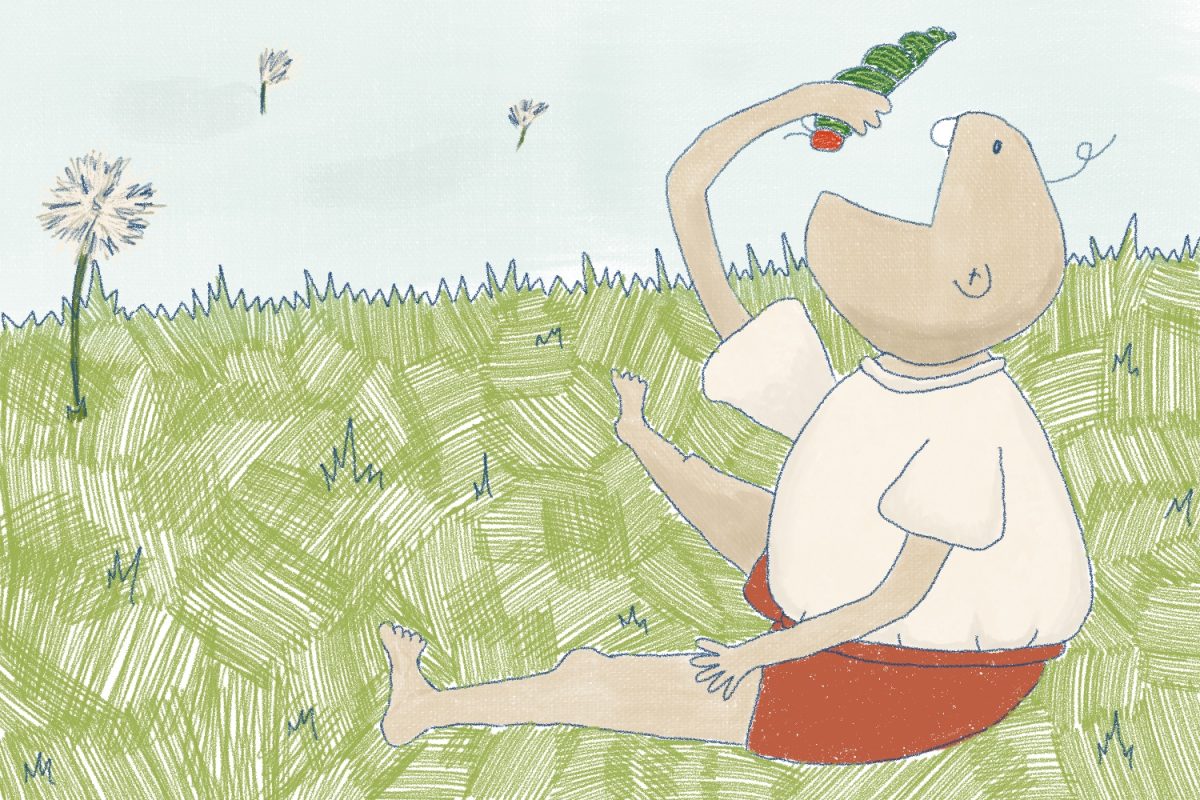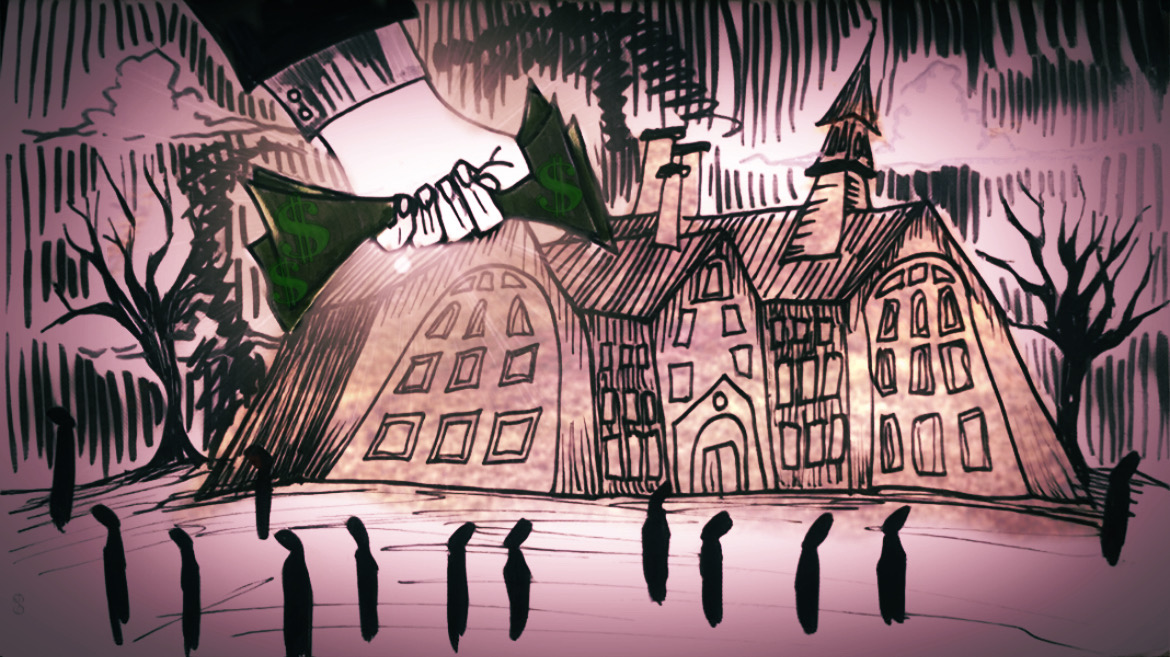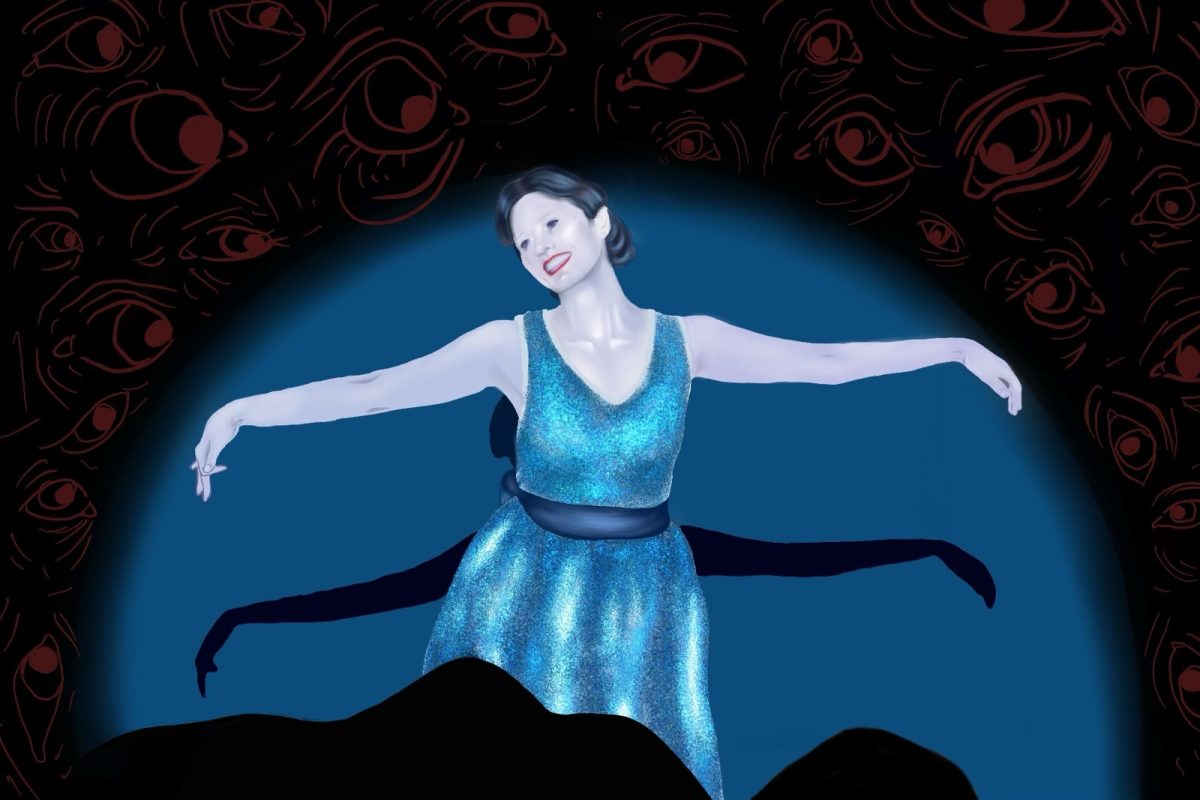I write this in response to the significant amount of criticism I have heard from among the student body following the Cynic’s April Fools’ Issue.
I address my comments mainly, however, to Heather Kahill, not because I think hers was the most well-presented nor the best-argued commentary; but because she was the only one among the many apparently concerned students who bothered to voice her opinion in a letter to the Cynic.
In answer to your questions as to whether anyone with the audacity to joke about these issues has has experience with them, Ms. Kahill, I will tell you that I HAVE been personally affected by sexual assault, drug addiction and roofies. I would venture to guess that I have been hit more closely by these issues, and more frequently, than have many others on this campus.
I have never felt that my experiences with these awful issues, nor my family members’ or close friends’, have been improved by a policy of silence or by an estrangement of these issues only to serious conversation. Making a topic “taboo” and deeming it inappropriate to joke about never helped anyone; and can be alienating both to those personally affected by these matters and to those who might want to become involved in helping with them.
Ms. Kahill’s comment, “I did not laugh,” is understandable. The Cynic is understaffed and underpaid, and it is quite possible that not all of the articles in the April Fools’ Issue were up to The Onion’s standards.
The reason Ms. Kahill states for this lack of merriment, however, is that the Cynic should not “have the nerve to write about these topics jokingly.” I believe that bringing up an issue in a non-threatening context can often bring about dialogue in a way that feels safe to people.
Rallies, club meetings, flyers, information sessions, volunteer organizations, hotlines, and the like, remain the most helpful venues for change, of course; but unfortunately they are too often ignored due to apathy, bypassed due to discomfort, or rejected in a “that doesn’t affect me” posture.
In a lighthearted, “joking around” context, many people are more drawn into an issue about which they might not otherwise have thought. Once interested, perhaps they will use these other venues to try to effect positive change.
Of course, to say in all seriousness, “Roofies are great; I think they’re a perfectly appropriate way to pick up girls,” is another matter. That statement would, of course, be grossly offensive.
This is where I come to the subject of satire. Satire is a type of literary writing in which irony or sarcasm is used to caricature something. More than that, however, satire is used to express a political point, or to expose human “folly.”
There have been many before you, Ms. Kahill, and there will be many to come, who do not appreciate the nuances of this genre, or understand its implications, and instead take satirical pieces at face value, and find them as grossly offensive as the preceding statement.
When we look more closely at the piece on crack and heroin as replacements for marijuana on 4/20 (this time in a satirical light), we must ask ourselves what the point might be of this satire. For satire it is: The author does not sincerely expect the reader to believe that substituting crack or heroin for marijuana is a reasonable idea. What might the article be trying to say?
The idea that UVM students might replace a harmless, non-addictive drug such as marijuana, with a lethal and extremely addictive drug such as crack or heroin, is ludicrous: Perhaps the author is trying to point out the ridiculousness and futility of making such a fuss over marijuana.
This point is driven home in the last paragraph, when the police officers survey the UVM campus littered with crack pipes and used needles, satisfied that THC is nowhere to be found.
Although the article’s intention was not specifically to draw attention to the very serious problems of crack and heroin, if your concern is that these issues were made light of, allow me to disagree quite vehemently. By drawing such a ludicrous comparison between marijuana and these drugs, the author actually re-emphasizes how incredibly dangerous and deadly crack and heroin are.
The satire would not have worked if the author had chosen, for example, alcohol, as the replacement drug of choice. For the satire to work, the replacement drug needed to be ridiculously more dangerous than marijuana, and alcohol (worse though it probably is than weed), is just not bad enough.
Racism, as you say, Ms. Kahill, is “serious” and “urgent.” The Cynic’s Jet Blue piece emphasizes, rather than dismisses, the importance of this very serious issue with its very satirical tone. The piece attributes to Jet Blue information cards such satirical captions as, “He fell asleep on me! Do not arouse/wake the non-white, as he may flail wildly and injure you. Stay seated and call a Jet Blue employee to ‘deal’ with the situation.” All captions are somewhat to the effect that Jet Blue cares only about white people.
Did the author write this piece because he felt that it would be a riot to stick it to a group of people enslaved and discriminated against for hundreds of years? I think not.
The depictions of passengers used in the pictorial piece come from actual Jet Blue information cards. The article points out that these cards really are quite racist. The people depicted in the cards who are inconveniencing are always black, and the people depicted as being inconvenienced are always white. Those not involved in any unpleasant incidents are invariably smiling whites.
Though in actuality the cards might say such things as, “If someone falls asleep on your shoulder, nudge him or her politely,” the satirical captions point out that these may not be the only messages that these cards are sending.
As for the Fogel sexual misconduct piece, well, I cannot defend that one. It was simply in poor taste. (Only, however, because there is no satirical aspect in linking Fogel to sexual misconduct, a crime of which he has not been accused even in smaller proportions. It stands to reason, however, that a better-thought-out piece could have been written satirizing our culture’s view of sexual offenses.)
This all being said, thank you, Ms. Kahill, for being the only student to voice concerns about the Cynic to the Cynic. As an editor and writer for the Cynic, I not only overhear the random comments regarding the Cynic on the way to or before class, I also hear both ideas and complaints voiced daily to me by friends and acquaintances who know my position on the paper.
My response does not vary: “Write it,” I say. I watch as their faces fall. If it’s a story, I hear, “We just wanted YOU to research this piece, seeing as you’re already on the Cynic and all…” If it’s an opinion, it soon becomes clear that they simply want someone to listen to their rantings, without caring enough to do something about what has so enraged them.
So write! Take Ms. Kahill’s example and instead of expostulating to the friends who have heard your opinions one too many times anyway, try actually taking a stand with your issues. You might encourage debate, and perhaps even effect change.















![Can’t buy me [self] love](https://vtcynic.com/wp-content/uploads/2024/04/self-care-FINAL-1200x796.jpg)
